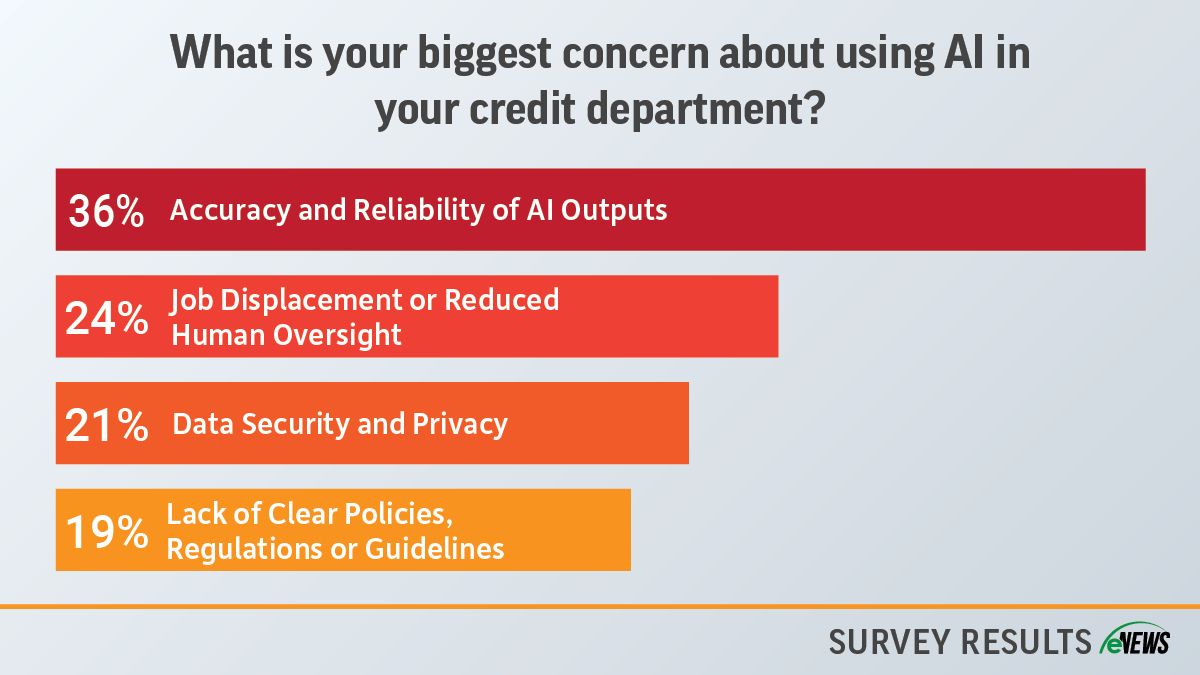Business Practices, eNews, Leadership
Inheriting challenging customers

Whether you’ve started a new position, or your company has recently merged with another, you might have a hard time managing customers you inherit from previous credit managers. Regardless of how you’ve gained these customers, there are several problems that might arise.
Maybe the customer came on under terms you wouldn’t offer yourself or is based in a part of the world you haven’t done business in. Either way, managing these challenging customers can test the willpower of even the most talented credit managers.
Why it matters: Because challenging customers can pop up at any moment, it’s important to carefully consider how to mitigate their potential risks while maintaining an open conversation with the customer and your leadership team. When your company undergoes a merger or acquires another company, you might even be overwhelmed by the flood of new clients on payment terms established by other credit managers.
“We have acquired many companies over the years that did not have credit applications on customers and had some crazy payment terms,” said Mary Moore, CBA, director of credit at SouthernCarlson Inc. (Omaha, NE). “We slowly obtained credit applications from these customers. Terms are a little harder to change but we have tried to standardize all of them.”
For Marlene Groh, CCE, ICCE, regional credit manager for US LBM Holdings, LLC (Buffalo Grove, IL), inheriting difficult customers comes with starting a new position in credit. “In almost every company I started working with there were always challenges with existing accounts,” Groh said. “I would always honor the existing agreement until someone did not perform according to the terms.”
Credit managers often find that managing preexisting customers means agreeing to terms established by another credit manager. Maybe the terms are unfavorable to your company or pose a risk you are not comfortable with, but either way it presents a challenge to credit managers trying to maintain the account.
“I truly believe unless it is a really detrimental agreement, you have to honor something already in place,” Groh said. “But if the customer breaks the agreement, then that presents you with the opportunity to get in a more favorable position.”
Soon after starting his position, Chris Finley, CICP, manager of global credit at Club Car LLC (Troutman, NC) said he inherited a customer who hesitated to provide financial statements and references—posing a problem. “The customers would refuse to provide any financial insights even though our policy required them to share this information on an annual basis,” Finley said.
Remedying these issues takes patience and communication, both with the customer and your team. “Over time I built a relationship with both the owners of the entities who controlled the financial disclosure and my internal sales leadership to help facilitate the sharing of information and we are on much better footing with them now,” Finley said.
Different clients pose their own distinctive challenges for credit managers. You might find you inherited a client from a part of the world that you have no experience working in. In these scenarios, it might be challenging to learn the intricacies of foreign companies as you manage the account.
“If I ever encounter a customer who is in a different country that I am not familiar with, I often pull country risk reports, search for any articles that speak to the current business environment,” Finley said. “I also reach out to members of the FCIB network who might have more extensive experience within that region for guidance.”
Go deeper: The Finance, Credit and International Business Association (FCIB) offers a variety of resources in their knowledge center for credit professionals looking to better their understanding of international credit. Among the resources, the World Trade REF allows members to look at information tailored to each country about their credit policies and economy.
“Understand where the customer is coming from and what they need before you force a solution on them,” Groh said. “Listen first and then try to develop a plan that works for both parties.”
When it comes to these customers, regardless of how challenging they may be, it is important to be open and communicative with them and your team. Groh recommends forgoing any set agenda and instead negotiating with the customer.
“Listen first and truly hear what they can do before you say anything,” Groh added. “Too many people already have a plan in their mind before even talking to a customer. Also remember it is a negotiation, which means both sides compromise. Don’t approach it from a position of power because when you do that most of the time you lose. You might get paid but you lose the relationship and the customer in the end.”
The bottom line: Managing challenging customers inherited from another credit manager can be a bit of a balancing act. It is important to create an open line of communication with the customer and be open-minded when searching for a solution. While these hard customers can pop up at any moment and test even the most skilled credit manager’s resolve, keep in mind that the experience is only making you stronger.





